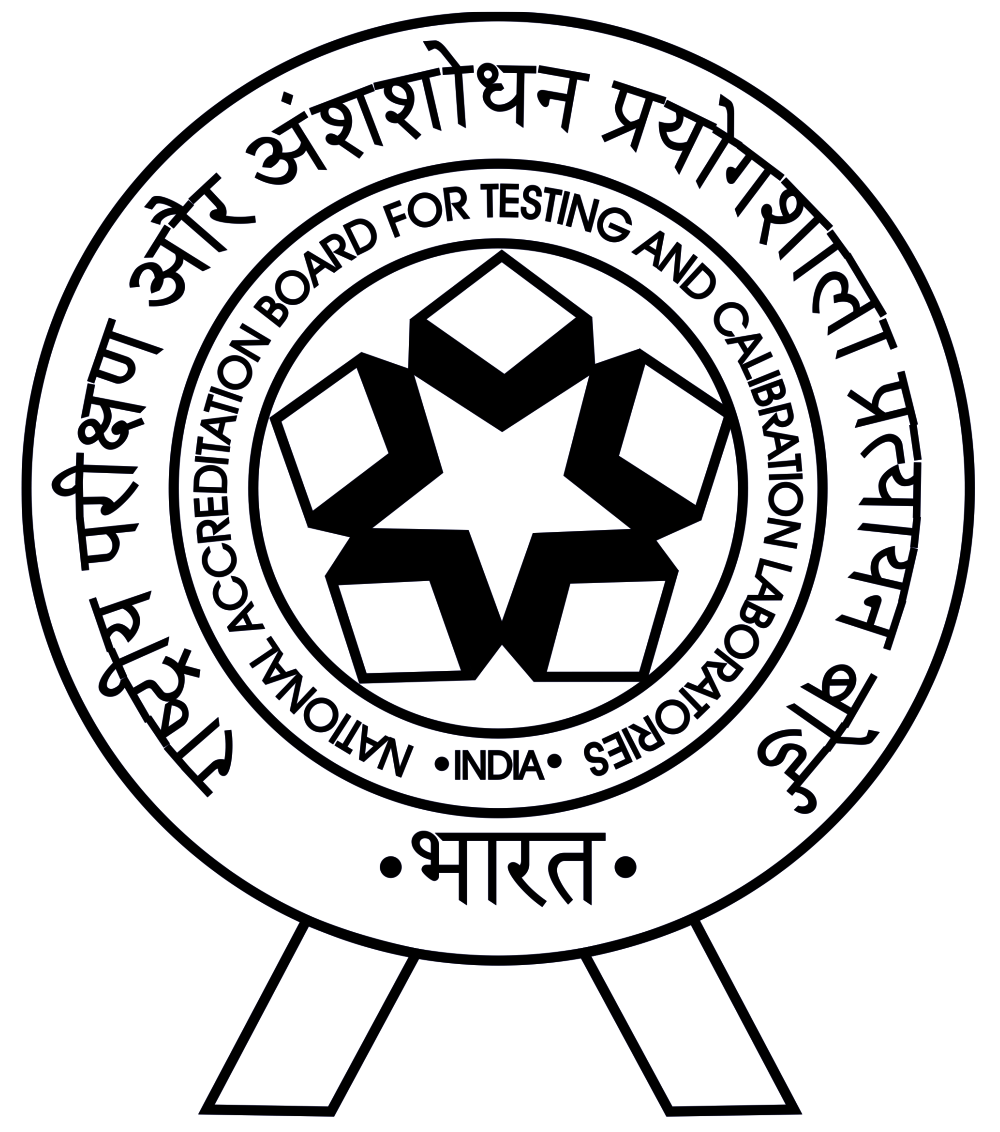
Dietician
Why Consulting a Dietician is Essential for Your Health
Why You Should Consult a Dietician
Eating healthy is important, but it can also be confusing. There’s too much information online, and not all of it is correct. A dietician can help you understand what’s right for your body.
A dietician is a trained expert in food and nutrition. They know how your body reacts to different foods and eating habits. Their advice is based on science, not on trends or social media tips.
One of the biggest benefits of seeing a dietician is getting a personalised plan. Everyone’s body is different, so one diet does not fit all. A dietician looks at your lifestyle, health conditions, and goals to create a plan that works for you.
If you have health problems like diabetes, obesity, PCOS, or high cholesterol, food becomes very important. A dietician teaches you what to eat, how much to eat, and when to eat it. This helps you control your health better and avoid complications.
Dieticians also help people with food allergies or digestive issues. They guide athletes, pregnant women, children, and the elderly on proper nutrition. Each stage of life has different needs, and a dietician helps you meet them safely.
Online diets can sometimes be harmful because they don’t consider your personal needs. A dietician uses medical knowledge and experience to give you the right advice. This makes their plans safe, practical, and easy to follow.
If you’re tired of trying diets that don’t work, it’s time to get expert help. A dietician helps you enjoy food without fear or guilt. They guide you to make small changes that lead to big health improvements.
In short, a dietician doesn’t just change your diet—they help transform your health. Book a consultation today and take the first step toward a healthier you.
Looking for an Expert
ShardaCare - Healthcity is home to some of the eminent Doctors in the world.
Book an Appointment














